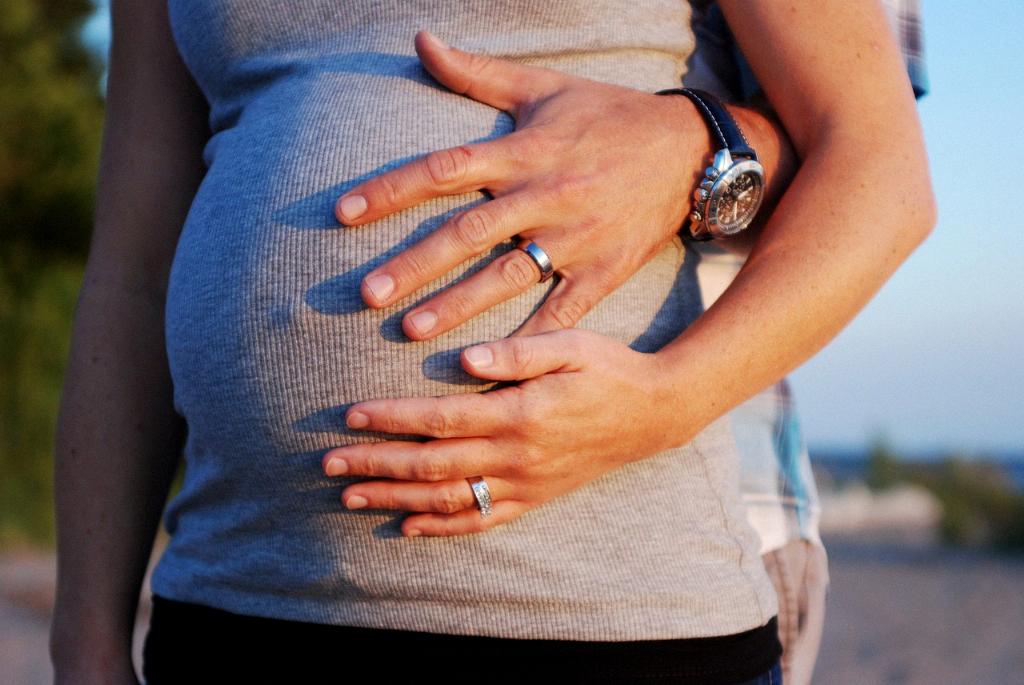For women who have undergone tubal ligation, the question of pregnancy may arise despite the procedure. It’s important to be aware of the signs and symptoms that could indicate pregnancy even after having your tubes tied. One key factor to keep in mind is the possibility of an ectopic pregnancy, which can be a serious condition requiring immediate medical attention.
Cravings and Aversions
One common early sign of pregnancy is experiencing cravings for certain foods or having aversions to others. These sudden changes in food preferences may seem unusual, especially if you are accustomed to your regular eating habits. If you find yourself craving foods you don’t typically enjoy or feeling repulsed by foods you normally love, it could be a sign of pregnancy.
Breast Tenderness
Another symptom to watch out for is tenderness in the breasts. If you notice that your breasts feel more sensitive or sore than usual, it could be a sign of hormonal changes associated with pregnancy. This tenderness may be similar to what some women experience before their menstrual cycle, but if it persists or becomes more pronounced, it’s worth considering the possibility of pregnancy.
Changes in Menstrual Cycle
Monitoring changes in your menstrual cycle is crucial when you have had a tubal ligation. While the procedure is meant to prevent pregnancy, it is not 100% foolproof. If you experience irregularities in your period, such as lighter or missed periods, it could be an indication of pregnancy. Keeping track of your menstrual cycle can help you detect any unusual patterns that may signal a potential pregnancy.
Fatigue and Nausea
Feeling more tired than usual or experiencing bouts of nausea can also be signs of pregnancy. The hormonal changes that occur during pregnancy can lead to fatigue, making you feel more exhausted even after minimal physical exertion. Nausea, often referred to as morning sickness, can also occur at any time of the day and may be triggered by certain smells or foods.
Increased Urination
If you find yourself needing to urinate more frequently than usual, it could be a sign of pregnancy. The increased blood flow to the pelvic area and the expanding uterus can put pressure on the bladder, causing you to make more trips to the bathroom. Paying attention to changes in your urinary habits can help you determine if you might be pregnant.
Abdominal Pain or Cramping
While some abdominal discomfort can be normal during pregnancy, persistent or severe pain should not be ignored. Women who have had tubal ligations are at a higher risk of ectopic pregnancy, where the fertilized egg implants outside the uterus, typically in the fallopian tube. This condition can lead to serious complications and requires immediate medical attention.
Mood Swings
Changes in mood, such as feeling more emotional or irritable, can also be indicative of pregnancy. The surge in hormones during pregnancy can affect your emotional state, leading to mood swings that may seem out of character. If you notice significant shifts in your mood that are difficult to explain, consider the possibility of pregnancy.
Weight Gain or Bloating
Unexplained weight gain or bloating that is not attributed to changes in diet or physical activity could be a sign of pregnancy. As the body prepares for pregnancy, it may retain more water or experience slight weight gain in the early stages. Paying attention to changes in your body shape and size can help you detect unusual changes that may point to pregnancy.
Confirmation Through Pregnancy Tests
If you are experiencing any of the aforementioned symptoms and suspect you may be pregnant despite having your tubes tied, taking a home pregnancy test can provide clarity. These tests detect the presence of HCG, a hormone produced during pregnancy, in your urine. If the test results are positive, it’s important to follow up with a healthcare provider for further evaluation and confirmation of the pregnancy.
Consulting with a Healthcare Provider
If you have concerns about the possibility of being pregnant after tubal ligation, scheduling an appointment with your healthcare provider is essential. They can perform a physical exam, order blood tests to measure HCG levels, and conduct imaging studies to determine the location of the pregnancy. In cases of ectopic pregnancy, prompt medical intervention is crucial to prevent complications and ensure your health and well-being.
Conclusion
While tubal ligation is a highly effective form of contraception, there is still a small risk of pregnancy, particularly ectopic pregnancy, for women who have undergone the procedure. Being aware of the signs and symptoms of pregnancy, such as cravings, breast tenderness, changes in the menstrual cycle, fatigue, and nausea, can help you identify a potential pregnancy early on. If you suspect you may be pregnant after tubal ligation, taking a home pregnancy test and consulting with a healthcare provider are important steps to take for proper evaluation and care.

